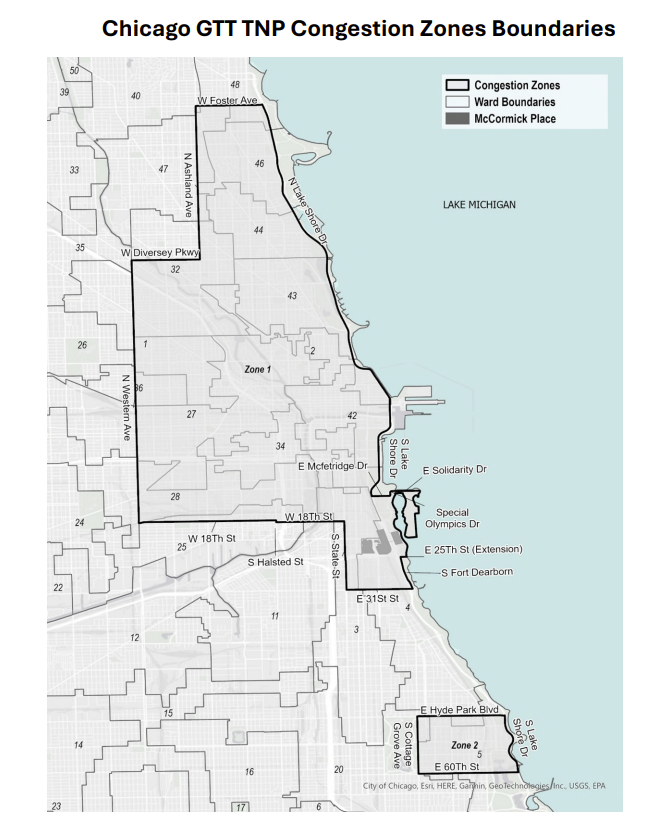After approximately five years, the Office of Sustainability’s Recycles bike-share program is getting recycled. The Office of Sustainability cited persistent technical problems and the creation of the city-wide bike-share program, Divvy, in the announcement of the cancellation through email on June 23rd.
Recycles had thirty-five bicycles available at five different locations on campus, with approximately 4,000 registered members. The bikes were generally available from around 8:30 a.m. to 6 p.m., depending on the location and daylight hours, and the program was not available during winter quarter. Anyone with a CNET ID could register online for the free program.
A major reason for the program’s cancellation was issues with the program’s software, according to Office of Sustainability intern Alfredo Izguerra, who announced the cancellation of Recycles to members. Recycles software was managed by Zagster, a national bike-sharing company that manages programs for universities, businesses, hotels, and apartment buildings. The software managed the daily operations of the program, such as tracking how many bikes were at each station and who rented them.
With the launch of the Divvy program last summer, the Office of Sustainability decided to no longer support Zagster’s software with the possibility of a partnership with Divvy. Divvy has over 3,000 bicycles with 300 stations around the city, located in areas thought to have the greatest volume of use. There are five stations near the University, and plans are in the works to add several more stations around campus.
“After about five years of working with the vendor to improve the software and bring it up to date, with obviously mixed results, ultimately the decision was made to just retire the program,” Izguerra said.
Izguerra said that the Office of Sustainability’s emphasis on biking will not change.
“For the future we hope whatever we choose to go through, Divvy or whatever, we hope it continues to improve on that philosophy that we want people to bike more and realize it’s more sustainable for the environment and better for you as well—we’re just trying to promote that,” he said.
The terms of the partnership have not been finalized, though it is likely to entail Divvy membership discounts for UChicago students, faculty, and staff. An annual membership in Divvy costs $75 with additional fees after the first 30 minutes of a ride, and a 24-hour pass costs $7 with higher additional fees.
“Divvy is an obvious choice—that’s what we’re leaning at right now. If the partnership is set in stone it would end up being a corporate partnership, so UChicago students, faculty, and staff would receive a discount” Izguerra said. “It almost feels like we have this humongous, successful program city-wide, just sitting here, even in our neighborhood—why not look at the bike-share program that exists in our backyard?”
Divvy is currently handling problems with its bike supplier, Public Bike System Company, which filed for bankruptcy in January. At that time, Chicago Department of Transportation spokesman Pete Scales said the bankruptcy would not affect Divvy.
With the cancellation of the Recycles program, the 35 bikes in its fleet will be donated to Blackstone Bicycle Works, according to Izguerra. Shop Operations Manager Chris Willard said the bikes were originally purchased from the shop and were maintained by two graduates of the shop’s youth education program.
Plans for the future of bike-sharing at the University will be finalized before the beginning of the fall quarter, according to Izguerra. More details will be released over the course of the summer.








